6 Badass Librarians Who Changed History
They will not be shushed.
Librarians have never been a quiet bunch: Information, after all, is power. To mark National Library Week—typically celebrated the second full week of April—Atlas Obscura, fittingly, went into the archives to find our favorite stories of librarians who have fostered cultural movements, protected national secrets, and fought criminals.
How German Librarians Finally Caught an Elusive Book Thief
by Jeffrey Arlo Brown
For decades, often using a fake identity, a man named Norbert Schild stole antique maps worth thousands of dollars each, cutting them from rare books in Germany’s libraries. The librarians he robbed called him the Büchermarder, or “book marten,” after a creature that steals birds’ eggs—and set a trap to capture the book thief.

The Librarian at the Nexus of the Harlem Renaissance
by Cara Giamo
You might not know about Regina Anderson, but you’ve probably heard of many of her friends. On a typical day in 1923 or 1924, Anderson might leave her desk at the 135th Street Branch of the New York Public Library and drop a letter to W.E.B. Du Bois in the mailbox. She may go home to her Manhattan apartment to check up on her couchsurfer, Zora Neale Hurston. Or she might hit the town with writer Countee Cullen, and then finish out the night cooking bacon and eggs for Langston Hughes.
The Radical Reference Librarians Who Use Info to Challenge Authority
by Natalie Zarrelli

In 2004, before the ubiquitous smartphone, a group of reference librarians took to the streets of New York to provide accurate information—from legal rights to bathroom locations—to protestors at the Republican National Convention. That effort sparked the Radical Reference Collective, a non-hierarchical volunteer collective that believes in supporting social justice, independent journalists, and activist causes.
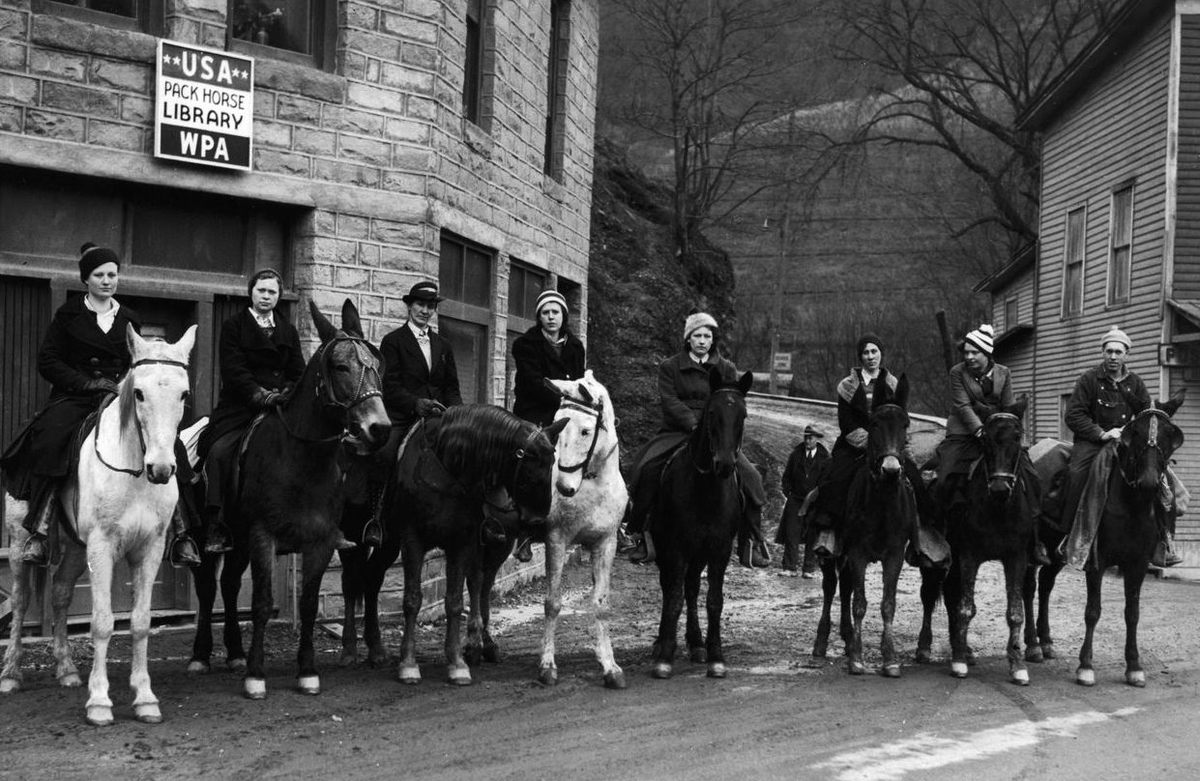
The Women Who Rode Miles on Horseback to Deliver Library Books
by Anika Burgess
They were known as the “book women.” They would saddle up, usually at dawn, to pick their way along snowy hillsides and through muddy creeks. Their goal was simple: to deliver reading material to Kentucky’s isolated mountain communities, which had been hit hard by the Great Depression.
A Day in the Life of a Rock ‘n’ Roll Librarian
by Cara Giamo
The Rock And Roll Hall of Fame, in Cleveland, Ohio, is best known for its raucous and dramatic induction ceremonies. But it also has a quieter side: a library and archive full of research materials, shelves and shelves of old records, and surprising artifacts and memorabilia—including a secret note from Keith Richards.

The Librarian Who Guarded the Manhattan Project’s Secrets
by Michael Waters
A small space, crammed with books, shelves, file cabinets, and a primitive copy machine, was one of the least-known parts of the top-secret facilities in Los Alamos, New Mexico—a town that wasn’t supposed to exist at all. There, through the 1940s, Charlotte Serber oversaw a scientific library that housed the details of the Manhattan Project and its plans for a nuclear bomb.
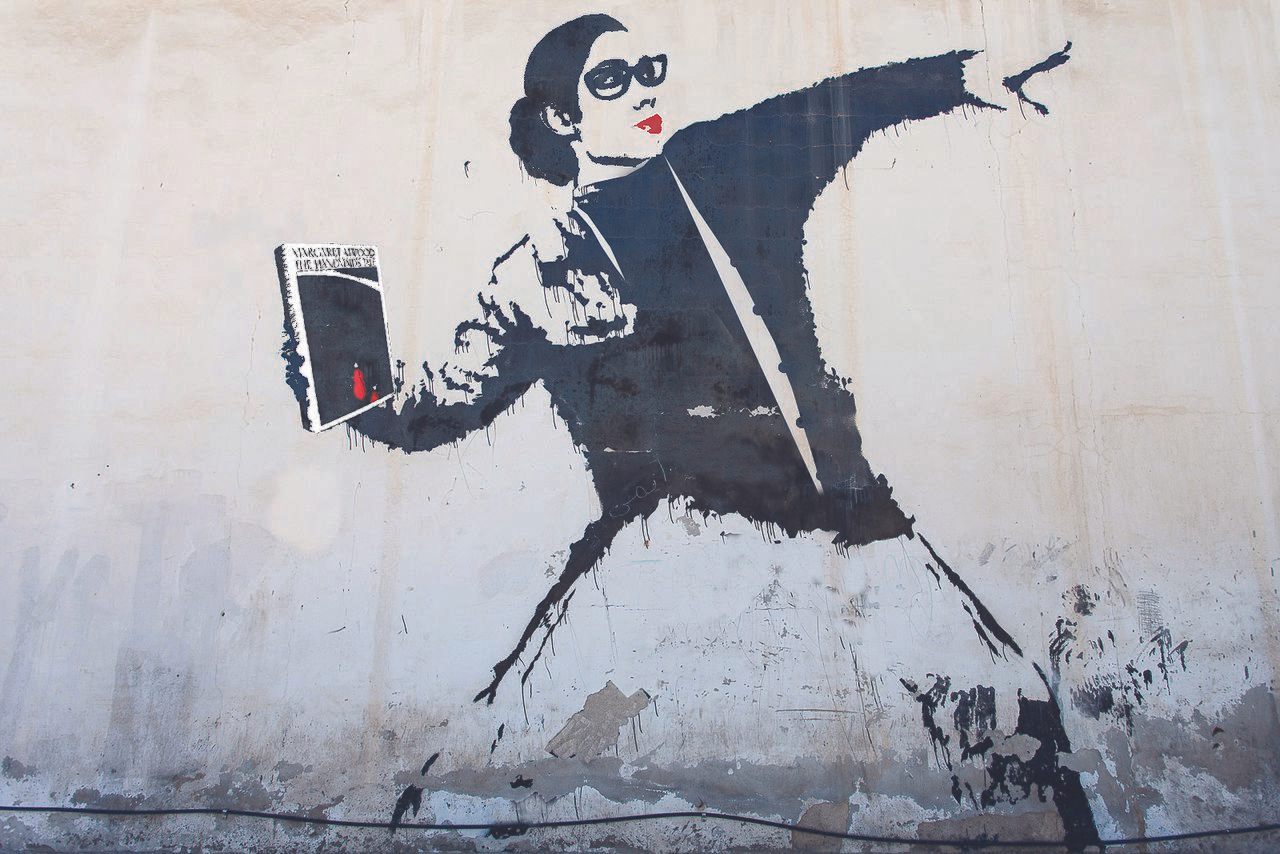





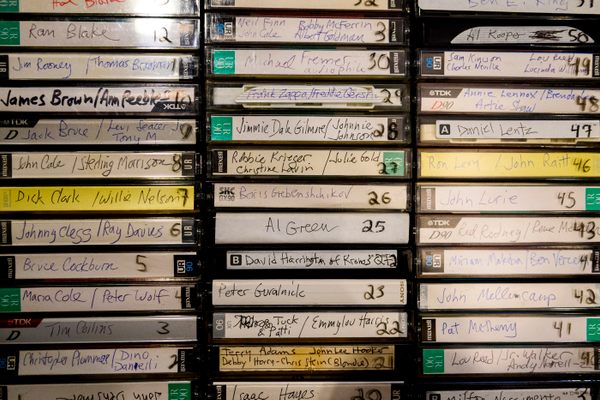

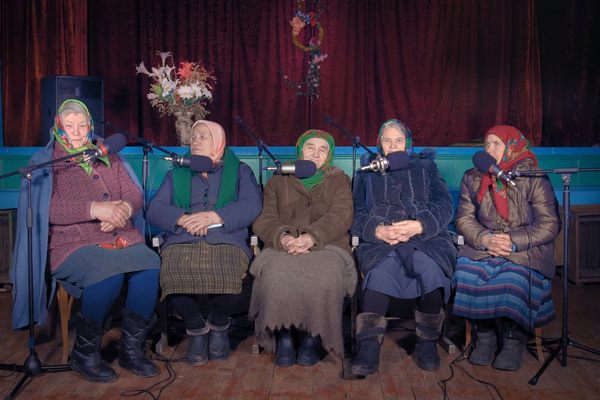









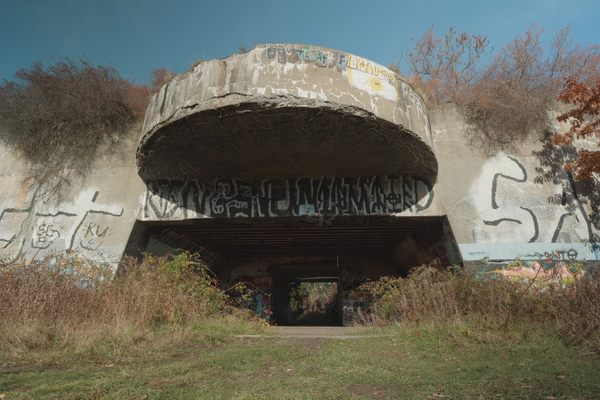

Follow us on Twitter to get the latest on the world's hidden wonders.
Like us on Facebook to get the latest on the world's hidden wonders.
Follow us on Twitter Like us on Facebook